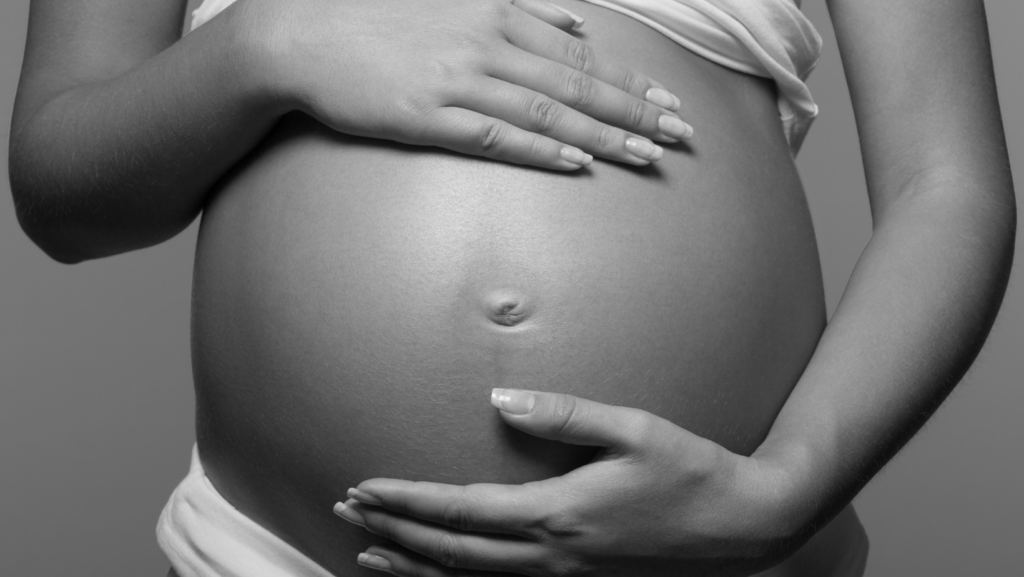Pregnancy & Sexually Transmitted Diseases
The chances of a pregnant woman catching a sexually transmitted disease (STD) is pretty much the same as any other person, pregnant or not. But being pregnant and having an STD means considerable risk to both mother and child if left untreated.
Here is what you need to know if you suspect you have contracted an STD and are pregnant.
What is an STD?
STDs are caused by bacteria, viruses, and parasites, which can pass between people through their semen, blood, or other bodily fluids. Some STDs can be transmitted by close skin-to-skin contact. Others can be passed through blood-to-blood contact as might occurring while sharing needles during intravenous drug use.
Critical to know: STDs can pass from a mother to her child during pregnancy and birth. That’s one reason why testing is so important.
STD Testing While Pregnant
Your first prenatal visit with your doctor will likely include tests for HIV/AIDS, syphilis, chlamydia, and hepatitis B because of the serious health risks involved. At least once during pregnancy, there may be screening tests for gonorrhea and hepatitis C should the mother be at high risk for exposure or infection.
Even if you’ve been tested for STDs in the past and have come out negative, it’s still essential to test during pregnancy. Not all STDs have noticeable symptoms, so it’s best to tell your doctor if you have been involved with any high-risk sexual behavior, intravenous drug use, or otherwise believe there has been the possibility of exposure.
How an STD Can Affect Pregnancy
The presence of an STD can seriously affect both you and a developing fetus. Some problems are evident right at birth. Other issues may not be discovered until months or years later. Most problems associated with STDs can be prevented with prompt medical care during pregnancy.
Some of the issues that could affect a developing child during a pregnancy complicated by an STD include:
- premature birth
- low birth weight
- congenital disabilities
- pneumonia
- brain damage
- blood infection
- eye infection
- blindness
- deafness
- chronic liver disease
- transmission of the infection to the child
- illness
- death
You should also note that, according to the U.S. Centers for Disease Control and Prevention, sexually-transmitted disease infections can make a person more susceptible to HIV infection. This condition can easily pass from mother to child.
Treating STDs During Pregnancy
Some STDs such as syphilis, chlamydia, and gonorrhea can be treated successfully with antibiotics during pregnancy. Those STDs that are more viral, such as hepatitis and HIV, cannot be treated easily. Some antiviral medications can reduce the risk of transmitting a viral infection to your baby. If an HIV infection is involved, the mother may have to undergo a C-section when it’s time to give birth.
STD Prevention
If you are pregnant or plan on becoming pregnant and wish to avoid an STD, there are several options available to you to reduce your risk.
The two best, most foolproof methods to avoid STDs are either abstaining from sexual contact entirely or only engaging in sexual activity with a long-term monogamous partner who has been tested and confirmed not infected.
Although slightly less sure, another option would be to avoid sexual contact with a new partner until after both of you have been tested for STDs and found clear. Even then, it’s strongly encouraged that you use protection in the form of latex condoms or dental dams to prevent direct contact between oral and genital mucous membranes, which can be common avenues for infection.
More Information Is Readily Available
Still have questions? Don’t hesitate to contact your doctor or local health center for more information. Qualified medical professionals are more than willing to provide you with as much information as you need, along with resources and access to prophylactic protection.
Your health is important. Your baby’s health is important. Being aware of the risks associated with STDs during pregnancy can make all the difference.






